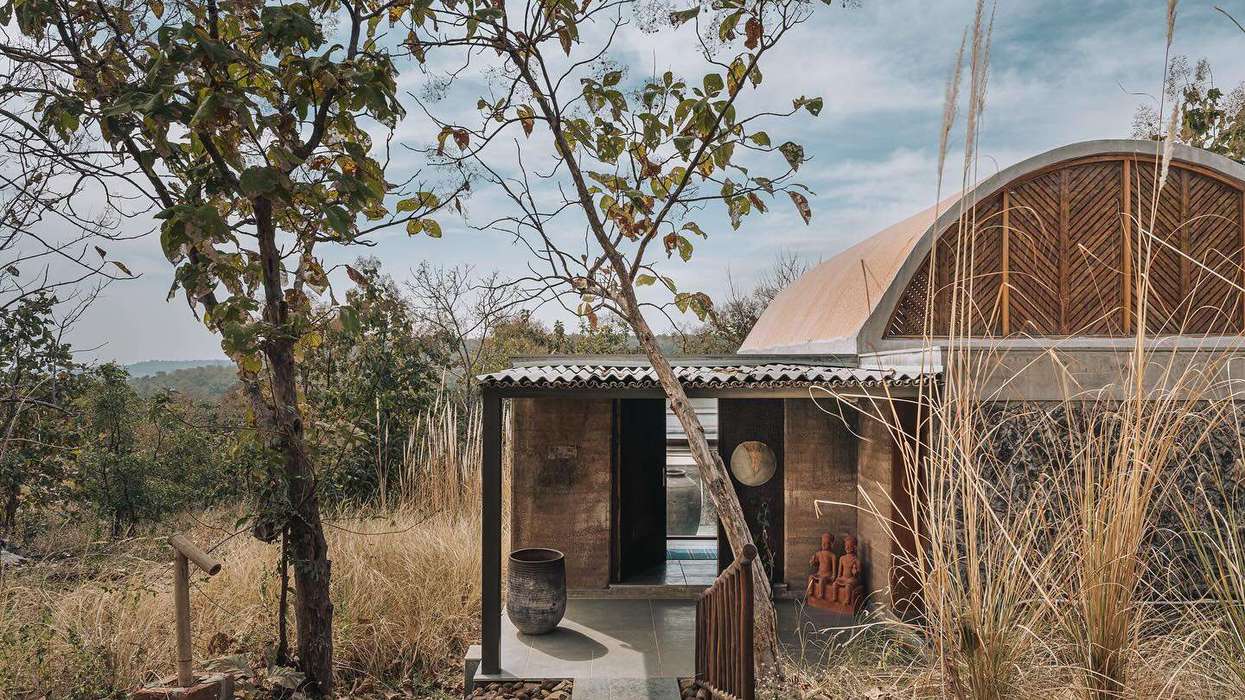How Does Recharge with Wyndham Help Truckers in 2025?
WYNDHAM HOTELS & RESORTS launched "Recharge with Wyndham", a promotion program aimed at supporting around 4 million truck drivers in the U.S. and Canada while they take mandated rests. The initiative, rolled out on March 27, offers double Wyndham Rewards points, upgraded status, and savings through a Hotels4Truckers partnership with verified trucker-friendly parking.
The program supports truckers in both countries during mandatory 34- or 36-hour rest periods to reset weekly driving limits, Wyndham said in a statement.
“Truckers are an essential part of the workforce, and we know their time is valuable, both on the road and off,” said Angie Gadwood, Wyndham’s senior vice president for global sales. “With the launch of Recharge with Wyndham, we’re helping drivers put their safety and rest first while making it easier than ever to build up points toward their next free stay—whether that’s a weekend away with the family or an overnight pit stop as they ready for the journey ahead.”
Drivers or their companies need a negotiated rate with Wyndham to access Recharge with Wyndham benefits, the statement said.
Meanwhile, Wyndham's partnership with Hotels4Truckers allows U.S. and Canadian truckers to book through its website or app and save 15 percent on a qualified stay for a limited time.
“After a long day on the road, it’s time to refuel more than just the truck,” said Dan Fuller, Hotels4Truckers president and founder. “With Wyndham, Hotels4Truckers members can recharge with a comfortable place to stay that doesn’t break the bank. Even better? With points, status, parking, easy bookings, and more, their stays go further, making life on the road easier and their time off more rewarding.”
Additionally, Hotels4Truckers lets drivers search and book more than 2,000 Wyndham hotels with trucker-friendly parking for rigs up to 75 feet, the statement said. Drivers can also use their Recharge with Wyndham benefits when booking.
Wyndham recently launched the Wyndham Rewards Debit Card, letting users earn points on purchases and redeem them for free nights.






